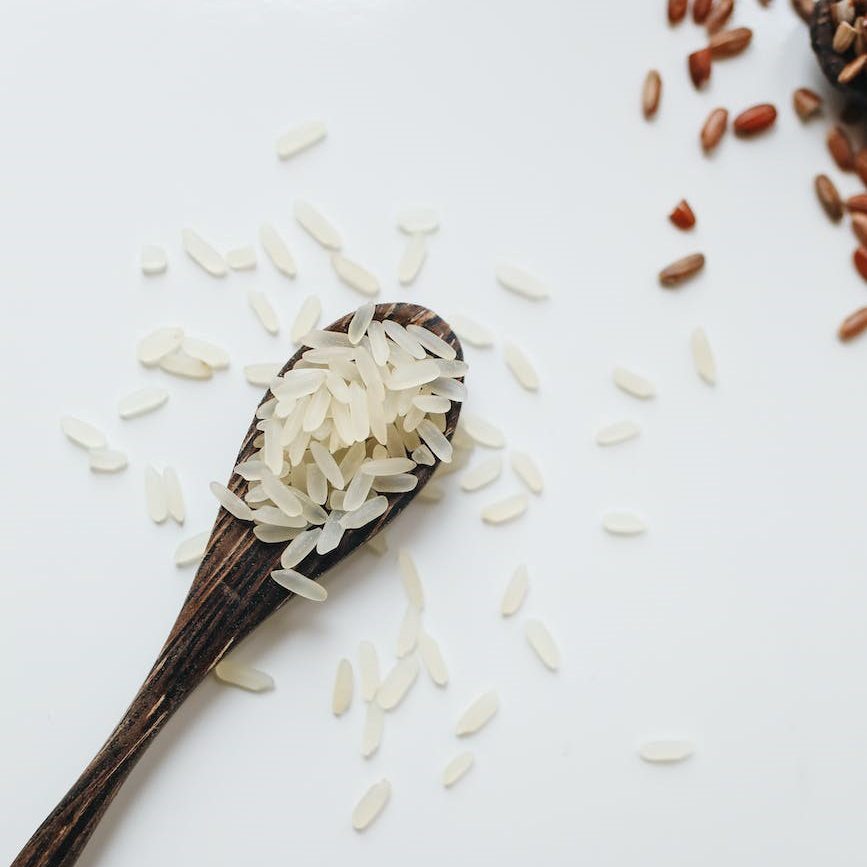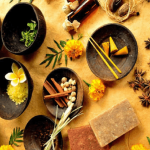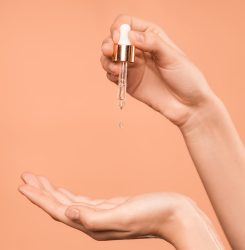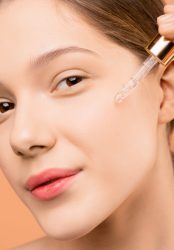The quest for healthy and beautiful hair has been a subject of interest for centuries, and people have explored various natural remedies to achieve this goal. One such remedy gaining popularity in recent years is rice water. Rice water, which is the starchy liquid left over after soaking or boiling rice, is said to have numerous benefits for hair health and growth. It has amino acids, vitamins, and minerals. In recent years, scientific studies have started to explore the potential benefits of rice water for hair, and the results have been promising. In this context, this article aims to explore the benefits of using rice water for hair and the scientific evidence behind its effectiveness.
Rice water can be effective for promoting hair health and growth. Rich in amino acids, vitamins, and minerals, rice water has been used for centuries in Asia as a hair treatment to improve hair strength, add shine, and promote hair growth. In recent years, scientific studies have started to explore the potential benefits of rice water for hair, and the results have been promising. In this context, this article aims to explore the benefits of using rice water for hair and the scientific evidence behind its effectiveness.
Rice water can be effective for promoting hair health and growth. Rice water is rich in amino acids, vitamins, and minerals that can help strengthen hair strands, improve hair elasticity, and add shine to the hair. It also contains inositol, a carbohydrate that has been shown to penetrate the hair shaft and repair damaged hair.
One study published in the International Journal of Cosmetic Science found that applying rice water to hair for just one month led to significant improvements in hair elasticity, volume, and overall appearance. Another study published in the Journal of Cosmetic Chemists found that inositol, when applied topically to hair, helped reduce friction between individual hair strands, resulting in less hair breakage and improved manageability.
There are several proposed theories based on scientific research.
One theory suggests that inositol can penetrate the hair shaft and bind to the cell membrane, helping to repair damaged hair. Inositol is a carbohydrate that is found naturally in the body and plays a role in cellular signaling and metabolism. When applied topically to hair, it is believed to enhance the hair’s natural ability to repair itself by promoting the production of new proteins and strengthening the hair’s cell membrane.
Another proposed mechanism of action is that inositol can reduce hair breakage and improve hair manageability by reducing friction between individual hair strands. This is due to the fact that inositol has a lubricating effect on the hair, which can help to prevent tangles and knots that can lead to breakage.
The exact mechanism of action however of inositol on human hair is still being studied and is not fully understood. However, the existing research suggests that inositol may be beneficial for promoting stronger, healthier hair by improving the hair’s ability to repair itself and reducing hair breakage.
While more research is needed to fully understand the benefits of rice water for hair, these studies suggest that it may be a useful addition to a hair care routine for those looking to improve the health and appearance of their hair. However, it is important to note that individual results may vary, and some people may experience adverse reactions to rice water. As with any new hair care product, it is recommended to perform a patch test before using rice water on the entire scalp and hair.
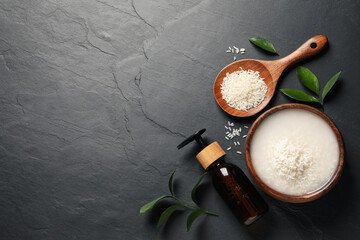
Making rice water at home is a simple and affordable way to incorporate this natural ingredient into your haircare routine. Here’s how to do it:
Rinse 1/2 cup of uncooked white or brown rice in water to remove any dirt or impurities.
Transfer the rinsed rice to a large bowl and cover it with water. Let the rice soak for 20-30 minutes.
Drain the soaking water and transfer the rice to a blender. Blend the rice and water until a milky consistency is formed.
Strain the mixture through a fine mesh strainer or cheesecloth to remove any solids.
Transfer the strained rice water to a clean, airtight container and store it in the refrigerator for up to 3-5 days.
When using rice water as a haircare treatment, it’s important to use it fresh. After blending and straining, you should use the rice water within a few hours. If you have any leftover rice water, you can store it in the refrigerator for up to 3-5 days, but it’s best to use it as soon as possible for the best results.
It’s important to note that while rice water can have beneficial effects on the hair, it is not a miracle cure for all hair problems. It should be used in moderation and I recommend not to leave in hair longer than thirty minutes only two to three times a week at most.
While rice water is generally safe for hair use, there are some potential side effects to be aware of:
Protein overload: Rice water is rich in protein, which is beneficial for hair. However, too much protein can actually have the opposite effect, making hair dry, brittle, and prone to breakage.
Buildup: If not rinsed properly, rice water can leave a residue on the hair, leading to buildup over time. This can make hair feel heavy and greasy, and can even cause scalp irritation.
Allergic reactions: Some people may be allergic to rice water, which can cause symptoms like itching, redness, and swelling.
pH imbalance: Rice water has a pH of around 5.5, which is slightly acidic. While this can help to balance the natural pH of the hair and scalp, it can also lead to an imbalance if used too frequently or if the hair is already overly acidic.
Discoloration: Rice water can sometimes cause blonde or light-colored hair to take on a slightly yellowish tint.
To avoid these side effects, it’s important to use rice water in moderation, to rinse it thoroughly from the hair, and to patch test it first if you have sensitive skin. Rice water contains amino acids and antioxidants that can be irritating to some people. If you experience redness, itching, or any other skin reaction after using rice water, stop using it immediately and consult a dermatologist.
Overall, making rice water for haircare at home is a simple and affordable way to incorporate this natural ingredient into your routine. When used consistently and in moderation, it can help.
So, lets start with beautiful hair and rice water in moderation. I think it’s a great idea using it as conditioner. Pharmacist recommended! But before you go don’t miss my next article and the answer to your follow up question about ” Does it make a difference on what color rice I use to make rice water for hair care” ?

